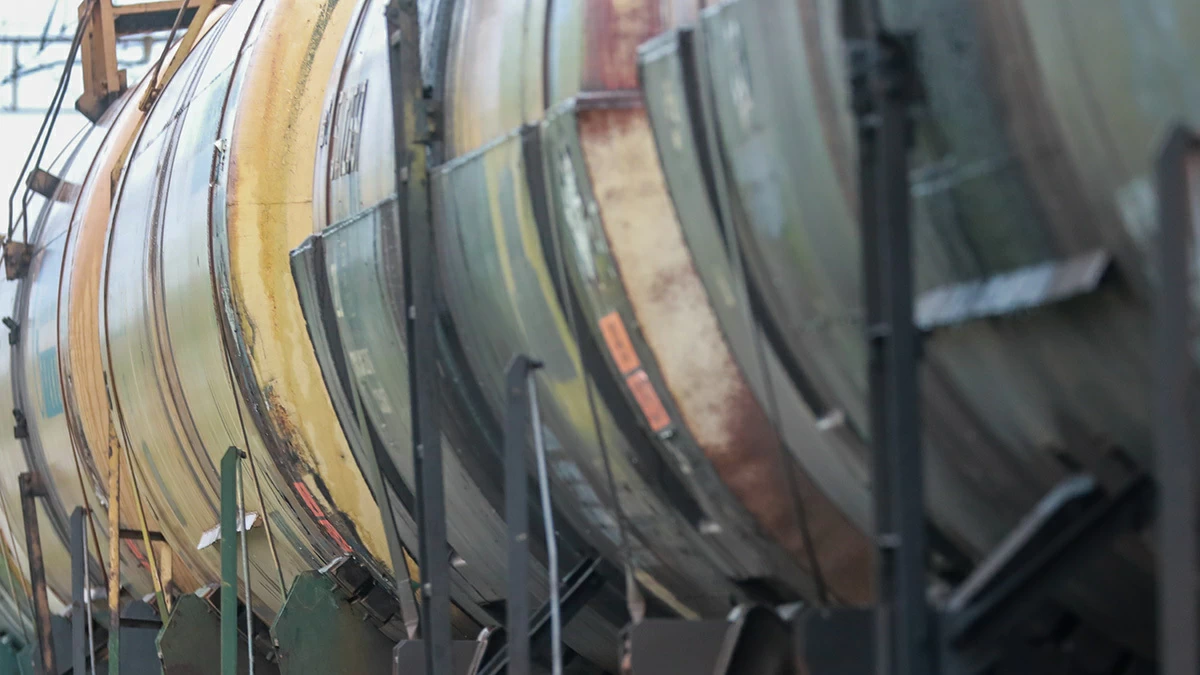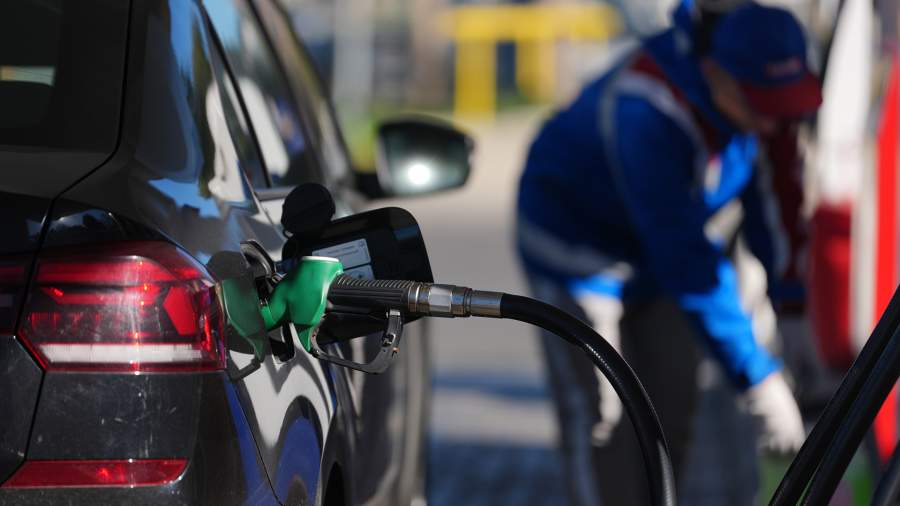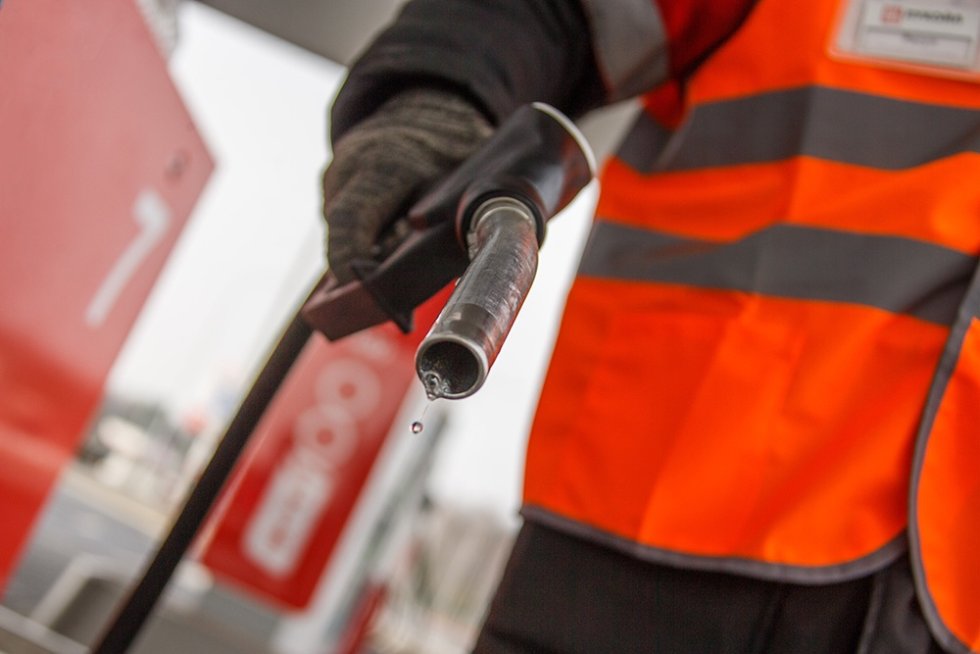In early September, the price for a tonne of AI-95, one of the most popular unleaded fuels in Russia, soared to over 82,000 roubles (approximately 826 euros), reaching record levels, data from the Saint Petersburg Stock Exchange indicates.
Since the beginning of summer, social media has been flooded with videos showing queues at petrol stations in Russia's Far East, in Crimea – a region annexed by Russia from Ukraine in 2014 – and in some southern regions adjacent to Ukraine, all due to fuel shortages.
On Wednesday, the publication Izvestia reported "supply disruptions" in "more than ten regions" of Russia, one of the world's largest oil producers.
Stricken Refineries
In Moscow, Russia's showcase, there is no shortage, but due to rising prices, a litre of unleaded AI-95 currently costs over 66 roubles (0.67 euros). This price, which remains significantly lower than in many European countries, astonishes Russian consumers, who have grown accustomed to cheap petrol and have relatively low average incomes.
Artyom, a Muscovite who preferred to remain unnamed, has been observing this price rise "since the beginning of the year". "For ordinary people, an increase of 300-400 roubles per tank (3-4 euros, editor's note) is becoming substantial," he states.
Analyst Igor Yushkov from the National Energy Security Fund notes on the Gazeta.ru website that the excise duty (indirect tax) increased "by approximately 16%" as of January 1, alongside the reduction of subsidies to oil companies.
As energy expert Sergey Teryoshkin explained to AFP, "the lower the subsidies, the lower the profitability", which compels oil companies to "pass these losses onto retail prices".
Demand has surged due to holiday travel and agricultural machinery usage.
Primarily, there have been hits to refineries and oil depots, which Ukraine has intensified to strike at Moscow's wallet and hinder its ability to finance its offensive.
"Strikes have been targeted at major refineries in the European part of Russia", particularly in the Samara, Ryazan, Volgograd, and Rostov regions, reported military journalist Alexander Kots via Telegram.
"Nothing!"
According to the Ukrainian General Staff, one such attack in mid-August targeted the Syzran Oil Refinery in the Samara region. The facility is located over 800 km from the Ukrainian border. Kyiv describes it as "crucial within Rosneft’s system" – Russia's hydrocarbon giant.
Moscow has not fully grasped the extent of the consequences of these strikes, yet analyst Maxim Dyachenko in the newspaper Kommersant speaks of a production decline of "almost 10%" since the start of the year.
"This is nothing!" exclaims Moscow businessman Alexander while filling the tank of his German sedan. "One gulp, two gulps, three gulps – this is nothing for the market as a whole, nor for prices."
"The country needs money. Increasing petrol prices is a way to boost state revenues," says Vladimir, a 50-year-old Muscovite.
In an attempt to stabilise the situation, Moscow has extended the ban on "exporting motor gasoline" until the end of October.
Russia remains a significant exporter of crude oil, whose export the West aims to stifle in order to drain one of the primary sources of financing for Russia's push against Ukraine – a nation that considers the European Union its principal ally.
Source: France24




